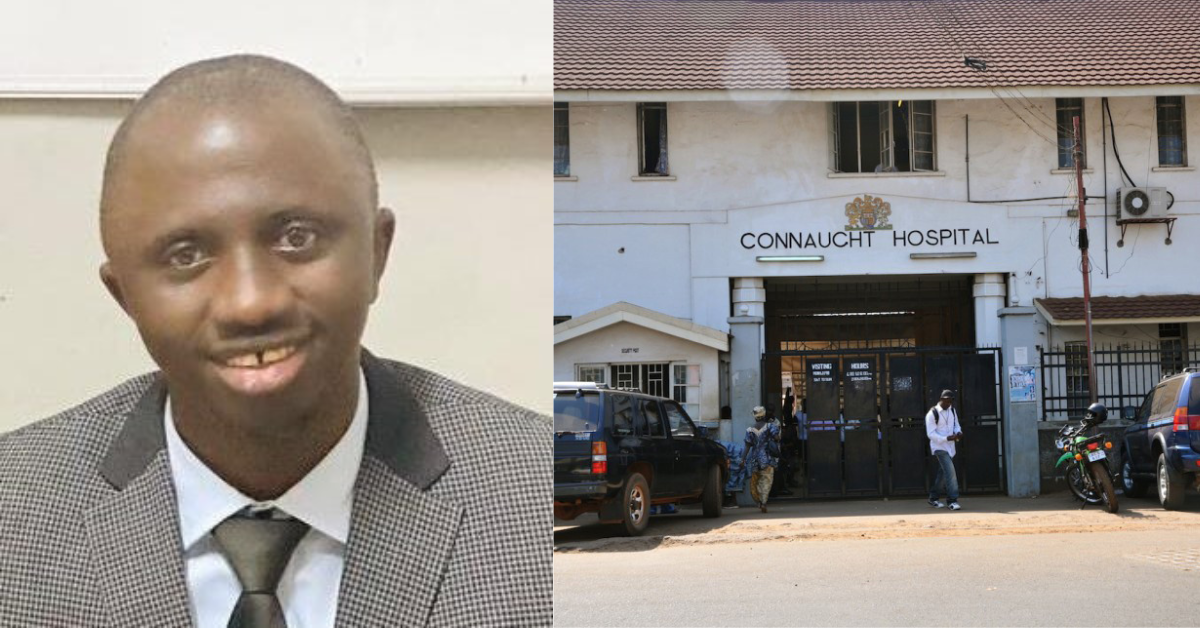Dr. Sulaiman Lakkoh, Director of the Directorate of Diseases Prevention and Control (DPC) at the Ministry of Health, has raised alarm over the increasing prevalence of Hepatitis B in Sierra Leone, with 13.8% of the population now living with the disease. He described the trend as “scary,” urging stakeholders to intensify efforts to raise awareness and boost prevention strategies.
Speaking at a recent stakeholders’ meeting in Freetown, Dr. Lakkoh highlighted the global context of the hepatitis crisis, noting that 296 million people are currently living with Hepatitis B worldwide, while 58 million are affected by Hepatitis C. He emphasized that nearly 1.5 million people die annually from complications of viral hepatitis, including liver cancer.
In Sierra Leone, the epidemiology of Hepatitis B reveals a concerning distribution across age groups. Dr. Lakkoh reported that 8.7% of children aged 15 years and under are affected, while prevalence rates increase to 15.8% in the 15-29 age group and 16.6% among those aged 30-44 years. Gender-wise, 15.5% of males and 11.4% of females in the country are living with the disease.
Hepatitis B, which can lead to severe liver complications including cancer, is primarily transmitted through mother-to-child transmission, sharing of contaminated needles, unprotected sex, and unsafe blood transfusions.
Dr. Lakkoh stressed the importance of vaccination as a key preventive measure. However, he pointed out that vaccination against Hepatitis B in Sierra Leone is currently offered by private practitioners, making it costly for the average citizen. He called for greater access to vaccination and early screening, particularly since Hepatitis A and C are treatable when detected early.
Looking ahead, Dr. Lakkoh announced that the government, through the Ministry of Health, plans to introduce a Hepatitis B birth dose for newborns by 2025. This initiative is expected to provide crucial protection for children within their first 24 hours of life, complementing the existing conjugate vaccine that safeguards infants.
Dr. Lakkoh concluded by urging stakeholders at all levels to increase their support to help prevent the spread of Hepatitis B and protect the population from this preventable yet deadly disease.


 Post a comment
Post a comment 








